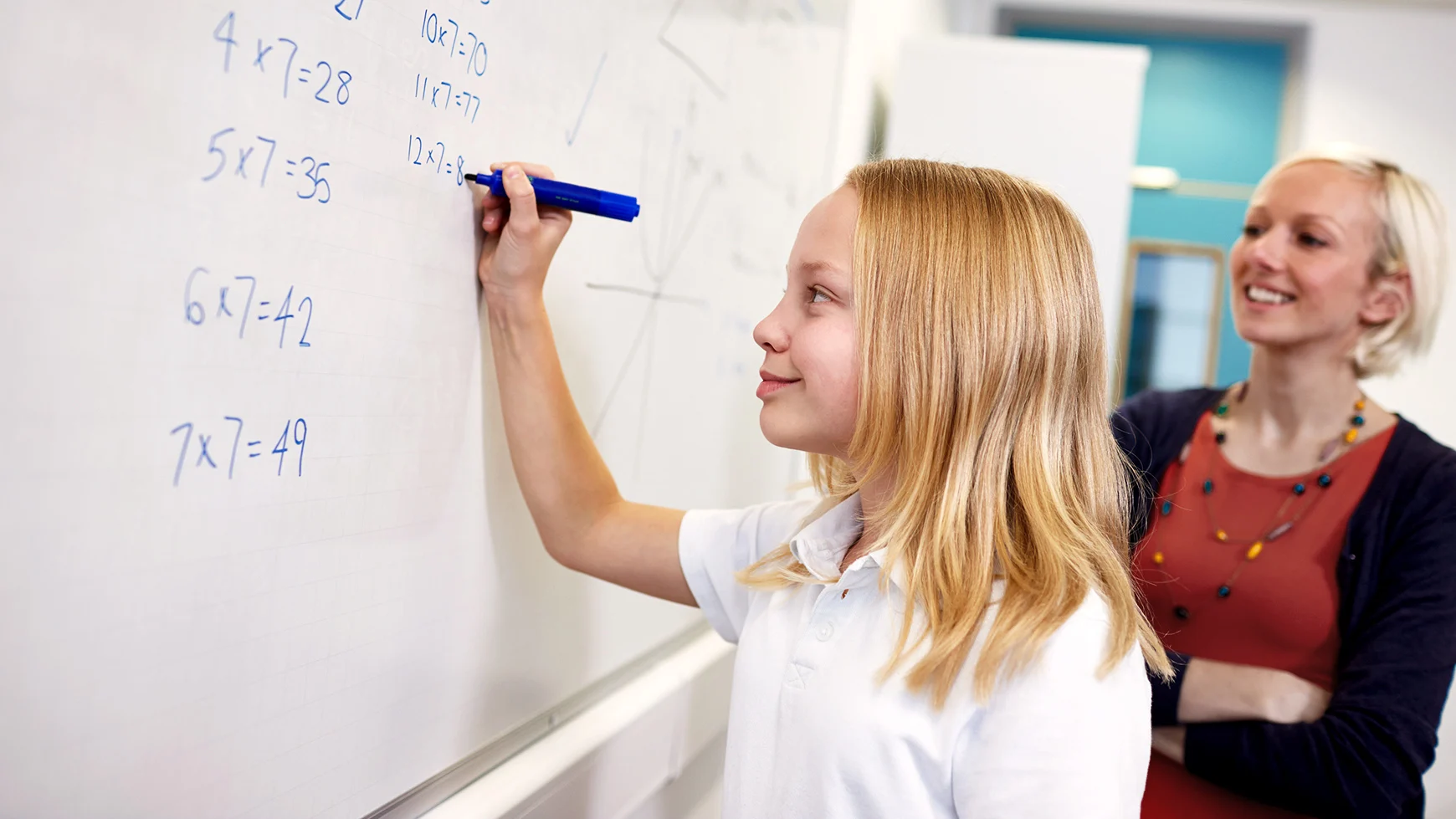Skills kids need for different math subjects
Geometry. Algebra. Statistics. Different types of math require different skills. That’s why a child might do well in one math class but not another.
Here are the types of skills used in different math subjects.
Type of math | Skills involved | Who might struggle |
|---|---|---|
| Arithmetic |
| Kids who struggle with number sense and concepts such as greater than/less than might have a hard time with arithmetic. Or kids who have trouble remembering math facts and step-by-step procedures. |
| Algebra |
| Kids who get confused by symbols and variables. And kids who have trouble with handwriting may make errors that lead to mistakes in multi-step algorithms. |
| Geometry |
| Kids with language difficulties may struggle with the tricky math vocabulary in geometry. Kids with visual-spatial difficulties may have trouble with the highly visual nature of geometry, like working with shapes and estimating measurements. |
| Precalculus/Calculus |
| Kids who have trouble with algebra often struggle with calculus, too. But kids who enjoy solving problems in a methodical, organized way might do really well with calculus. That’s because calculus is often taught using a step-by-step approach. |
| Statistics |
| Statistics is especially tough for kids who struggle with fractions and percentages and with comparing values. It’s also tough for kids who have a hard time organizing, planning, and prioritizing. But some kids who struggle with focus might be more engaged and motivated in a statistics class than in other math classes. That’s because statistics is more connected to real-world situations. |
| Trigonometry |
| Kids who struggle to make sense of diagrams. It can also be tough for kids who have trouble remembering the many properties and big vocabulary of trigonometry. But kids who like a step-by-step approach might really enjoy trigonometry. They may have an easier time seeing similarities from one problem to the next. |
Find out why kids might struggle with math. You can also download free graphic organizers to help with math.


